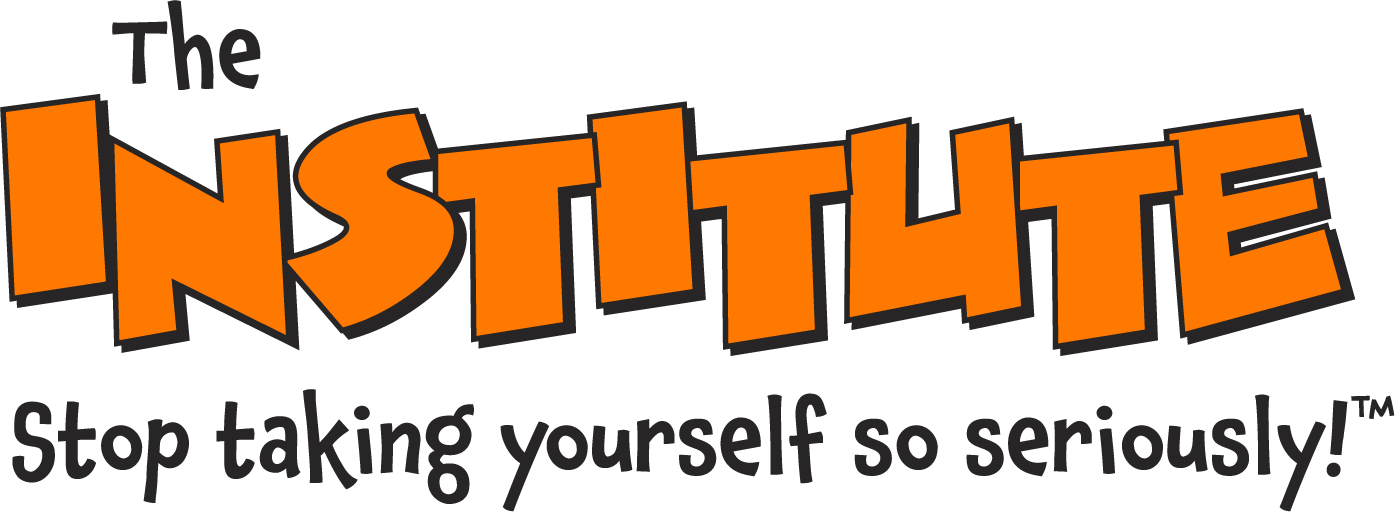Stop Interviewing
And start connecting! Whether you know it or not, your largely assessing prospective employees using the subconscious parts of your brain. Sure, you have this list of amazing questions that you believe determine a candidate’s qualifications to meet all the bullet-pointed requirements on a job description. And then you have this methodology, called behavioral interviewing, that seeks to uncover a candidate’s ability to act in ways you believe are best for the role. And then you have the gall to complain about things like talent shortages and high turnover.
Perhaps there’s too little correlation between resume game skills and job success to keep doing it the old way.
Have you even considered that the decades-old ways we recruit and vet candidates isn’t so great? And that asking candidates to play the resume game, where keywords and phrases need to match the job posting, just to get a phone screening, are only selecting for candidates who are great at the resume game? Perhaps there’s too little correlation between resume game skills and job success to keep doing it the old way.
In fact, you are coming to the process using the emotional centers of your brain, where you are SENSING and FEELING your candidates, and assessing them for fit. You are getting messages, that you may or not be paying close attention to, that really matter. And it’s impossible to completely marginalize the intrinsic biases that we show up with, including:
Age
Weight
Skin Color
Language and Dialect
Educational Pedigree
Smell
And MANY more!
If you are a human, it’s possible to manage your emotions and biases, and it takes training. You are about to hire someone into your workplace community, yet all the methods of determining fit are wrought with some – or a lot of - error. So, what do we do?
Stay tuned for more discussion on the ways we stop conventionally interviewing and intentionally connecting with candidate’s in ways that better determine their capacity to contribute to, and thrive within, your organization. But for now, it’s enough with the “tell me about your greatest weakness” questions!

